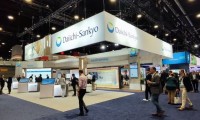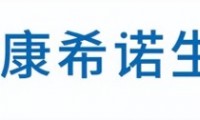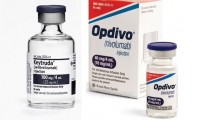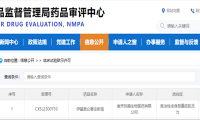-
Daiichi Sankyo again dials up Enhertu sales forecast, advances 2nd AstraZeneca-partnered ADC
- Source: drugdu
- 132
- February 2, 2024
-
CanSinoBio’s 13-valent Pneumococcal Polysaccharide Conjugate Vaccine (PCV13i) Receives Phase III Clinical Trial Summary Report
- Source: drugdu
- 163
- February 1, 2024
-
FDA Grants Priority Review to AstraZeneca and Daiichi Sankyo’s Enhertu for HER2+ Solid Tumors
- Source: https://www.pharmexec.com/authors/pharmaceutical-executive-editorial-staff
- 139
- January 31, 2024
-
Merck’s Keytruda extends life for kidney cancer patients after surgery, while Bristol’s Opdivo fails again
- Source: drugdu
- 100
- January 30, 2024
-
With record year, Samsung Biologics bucks CDMO industry’s troublesome 2023
- Source: drugdu
- 86
- January 27, 2024
-
IASO Bio’s IND application for new autoimmune indication of Equecabtagene Autoleucel Injection approved
- Source: drugdu
- 89
- January 27, 2024
-
FDA Warns Drugmakers of Additional Cancer Risks Associated with CAR T-Cell Therapy
- Source: drugdu
- 103
- January 26, 2024
-
Gilead’s Trodelvy Falls Short of Phase III Trial Primary Endpoint of Improved Overall Survival in NSCLC
- Source: drugdu
- 92
- January 25, 2024
-
Harbour BioMed Announces Positive Profit Alert
- Source: drugdu
- 138
- January 25, 2024
your submission has already been received.
OK
Subscribe
Please enter a valid Email address!
Submit
The most relevant industry news & insight will be sent to you every two weeks.













